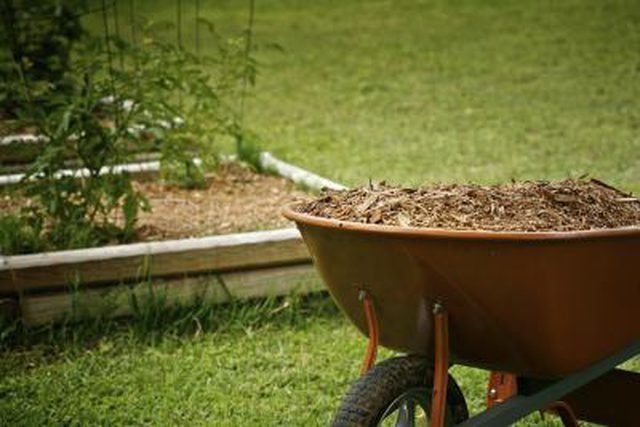Bulbs
Flower Basics
Flower Beds & Specialty Gardens
Flower Garden
Garden Furniture
Garden Gnomes
Garden Seeds
Garden Sheds
Garden Statues
Garden Tools & Supplies
Gardening Basics
Green & Organic
Groundcovers & Vines
Growing Annuals
Growing Basil
Growing Beans
Growing Berries
Growing Blueberries
Growing Cactus
Growing Corn
Growing Cotton
Growing Edibles
Growing Flowers
Growing Garlic
Growing Grapes
Growing Grass
Growing Herbs
Growing Jasmine
Growing Mint
Growing Mushrooms
Orchids
Growing Peanuts
Growing Perennials
Growing Plants
Growing Rosemary
Growing Roses
Growing Strawberries
Growing Sunflowers
Growing Thyme
Growing Tomatoes
Growing Tulips
Growing Vegetables
Herb Basics
Herb Garden
Indoor Growing
Landscaping Basics
Landscaping Patios
Landscaping Plants
Landscaping Shrubs
Landscaping Trees
Landscaping Walks & Pathways
Lawn Basics
Lawn Maintenance
Lawn Mowers
Lawn Ornaments
Lawn Planting
Lawn Tools
Outdoor Growing
Overall Landscape Planning
Pests, Weeds & Problems
Plant Basics
Rock Garden
Rose Garden
Shrubs
Soil
Specialty Gardens
Trees
Vegetable Garden
Yard Maintenance
Hemlock vs. Cedar Mulch
Hemlock vs. Cedar Mulch. Because they're made from trees, hemlock and cedar are both organic mulches. Both make good choices for gardens because they will break down eventually, adding nutrients to the soil and improving plant growth. When applied correctly, both types of mulch can stifle weed growth. Cedar and hemlock mulches have some key...

Because they're made from trees, hemlock and cedar are both organic mulches. Both make good choices for gardens because they will break down eventually, adding nutrients to the soil and improving plant growth. When applied correctly, both types of mulch can stifle weed growth. Cedar and hemlock mulches have some key differences, too.
Pros of Hemlock Mulch
The primary appeal of hemlock mulch is that it's attractive -- hemlock has a rich, reddish-brown color that lasts. It is sometimes dyed -- so if you pick it up and it stains your hands, you will know the color is "enhanced." It also has a distinctive fragrance that is said to deter bugs.
Cons of Hemlock Mulch
Hemlock mulch is highly acidic, which means you should only use it around plants that can tolerate acidic soil. This makes it a good choice for acid-loving plants. Hemlock is a hardwood, which tends to be fibrous. When shredded, the pieces can weave together and interlock, forming a barrier that inhibits some water from reaching the soil's surface. Chips might be a better bet.
Pros of Cedar Mulch
Cedar, like hemlock, has a distinctive fragrance that is said to repel certain insects. The mulch varies in color depending on where it was harvested, and like hemlock, it can be dyed. The primary attraction of cedar is that it lasts longer than other types of organic mulches -- about two years -- so you don't have to replace it as often.
Cons of Hemlock Mulch
Like hemlock, cedar is fibrous, so it can prevent water from penetrating the soil. This can be a problem in dry climates. In addition, the slow rate of decay -- over a period of about two years -- means nutrients are added more slowly to the soil than with other types of organic mulches. Cedar mulch also loses its color rather rapidly, turning from a rich, reddish-brown to a dull gray.